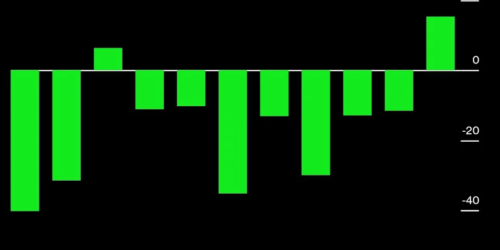A key selling point that made solar energy the fastest-growing power source in the world—rapidly decreasing costs—has hit a speed bump.
Solar module prices have risen 18% since the start of the year after falling by 90% over the previous decade. The reversal, fueled by a quadrupling in the cost of the key raw material polysilicon, threatens to delay projects and slow uptake of solar power just as several major governments are finally throwing their weight behind it in an effort to slow climate change.
“The disruption to solar hasn’t been this bad in more than a decade,” said Jenny Chase, lead solar analyst with clean energy research group BloombergNEF. “Developers and governments are going to have to stop expecting solar to get much cheaper quickly.” BNEF slightly lowered its forecast for solar buildout this year in a report last week, citing rising prices of materials including polysilicon as one reason.
Higher prices are affecting demand and may delay some large-scale projects, panel-maker Canadian Solar Inc. said on an earnings call on Thursday. In India, about 10 gigawatts of projects may be impacted, equivalent to more than a quarter of the country’s current capacity, Mint reported, citing unnamed developers. Large-scale projects in the U.S. could also get postponed, analysts at Cowen & Co. said.
Rising prices might force state-owned power giants in China to push projects into next year, according to analysts at industry portal Solarzoom. The delays may be large enough to make 2021 the first year of negative growth in global solar installations in 17 years, they said.
Global projects that haven’t signed price agreements with utilities that buy the power might get delayed unless the customer is willing to pay a higher rate for the electricity, said Xiaojing Sun, an analyst at Wood Mackenzie Ltd.
For the solar industry, the timing couldn’t be worse. Renewable energy finally has a champion in the White House and ambitious climate goals have been announced across Europe and Asia.






